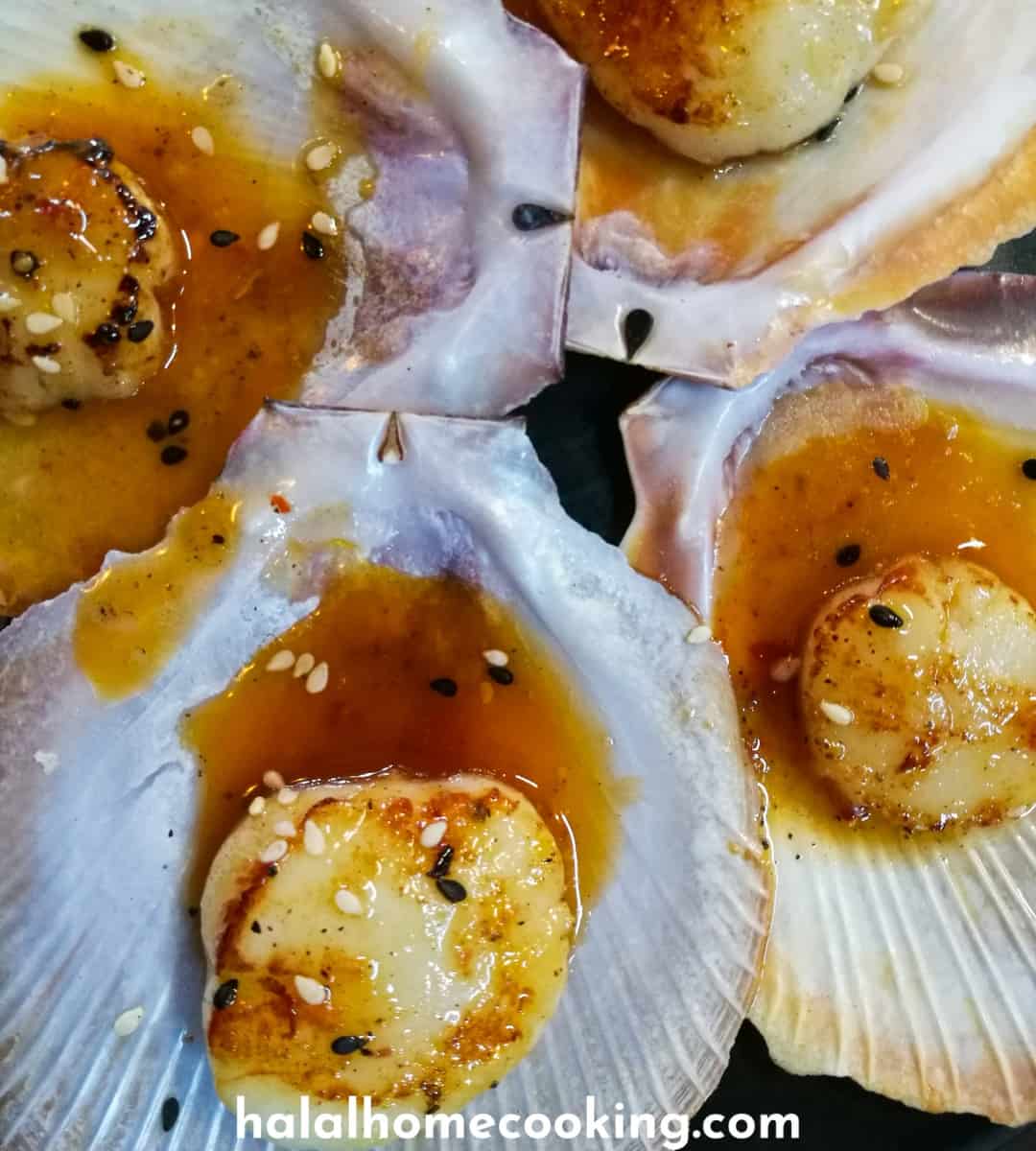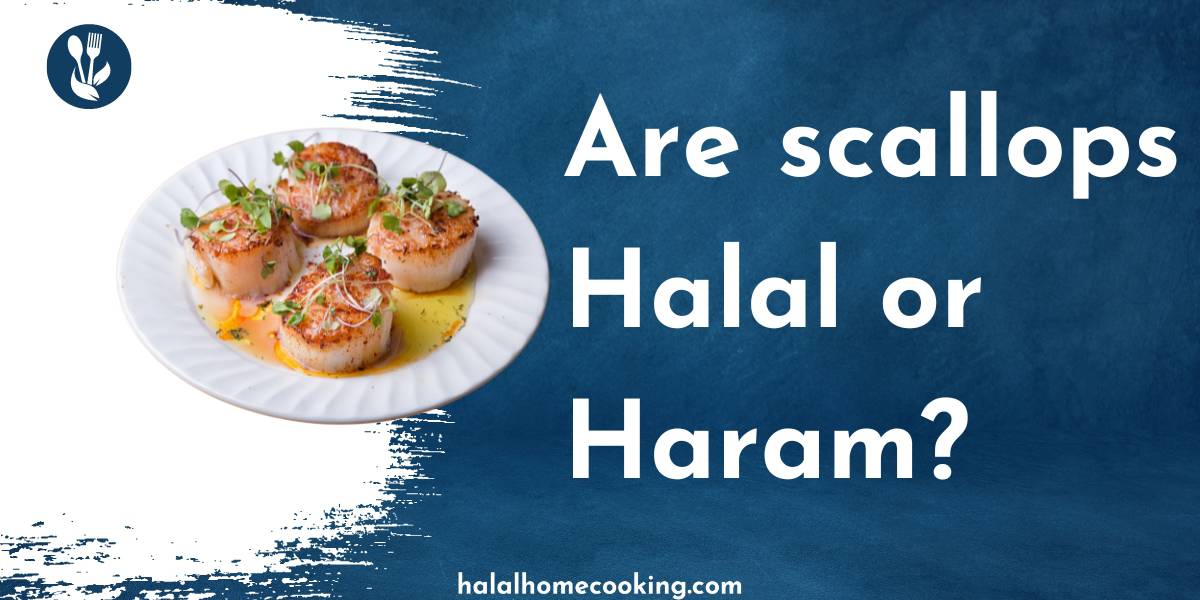This is a question that many Muslim consumers may have when it comes to seafood. In Islamic dietary laws, also known as halal, there are specific guidelines and restrictions regarding what can be consumed. While the concept of halal meat is widely understood, the issue becomes more complex when it comes to seafood.
Scallops are a type of shellfish commonly found in oceans around the world. They belong to the same family as clams and oysters, making them a sea creature that may raise questions about their halal status. Islamic scholars have debated whether scallops should be considered halal or haram (forbidden), leading to various interpretations among different schools of thought.
Some scholars argue that since scallops do not possess scales or fins – two key criteria for Halal animals according to Islamic law – they cannot be considered permissible for consumption by Muslims. On the other hand, other scholars interpret these regulations differently and allow for the consumption of seafood without scales or fins, including scallops.
To understand this issue further, let us delve into some fundamental concepts in Islam. The Holy Quran provides general guidance on what is permissible (halal) and what is forbidden (haram) when it comes to food consumption. It mentions specific land animals as being acceptable for consumption while prohibiting certain types of dead meat or those slaughtered improperly.
The actions and teachings of Prophet Muhammad also play a vital role in shaping Islamic dietary practices. However, his explicit stance on consuming shellfish like scallops remains unclear from historical records.
While there may not be a definitive answer from religious sources on whether scallops are specifically prohibited or allowed in Islam, many Muslim communities choose not to consume them due to cautionary measures taken against potentially non-halal food items.
Ultimately, deciding whether scallops are permissible for you as an individual will depend on your own interpretation of Islamic principles and reliance on expert opinions provided by reputable scholars in your community. It is crucial to consult with a knowledgeable scholar or Muslim authority when making decisions about halal food.

Is Scallops Halal in Sunni?
Scallops are considered halal in Sunni Islam as they categorize seafood as permissible, including shellfish. However, it is important to note that Islamic dietary laws require the animal to be alive at the time of slaughtering for it to be considered halal. Given that scallops are usually harvested from their shells rather than slaughtered in this manner, opinions may vary among scholars regarding their exact permissibility. It is always recommended for Muslims to seek guidance from a reliable religious authority or scholar for further clarification on specific matters of halal food consumption.
Is Scallops Halal in Shia?
Scallops are considered halal in Shia Islam. According to Shia scholars, seafood is generally regarded as permissible unless it falls into the category of haram (forbidden) due to specific reasons such as intoxication or being from an animal that is not slaughtered according to Islamic guidelines. Since scallops are not on the list of prohibited marine animals and can be consumed after proper slaughter, they are considered permissible for Shia Muslims to consume.
Is Scallops Halal in Hanafi?
In the Hanafi school of thought, it is generally considered that seafood, including scallops, is permissible or halal to consume. However, there are some scholars who consider all types of shellfish as haram or impermissible due to their classification as scavengers in Islamic dietary laws. Therefore, for those following the Hanafi school of thought, it is recommended to refer to a reliable scholar or local authority for a more specific ruling on consuming scallops.

